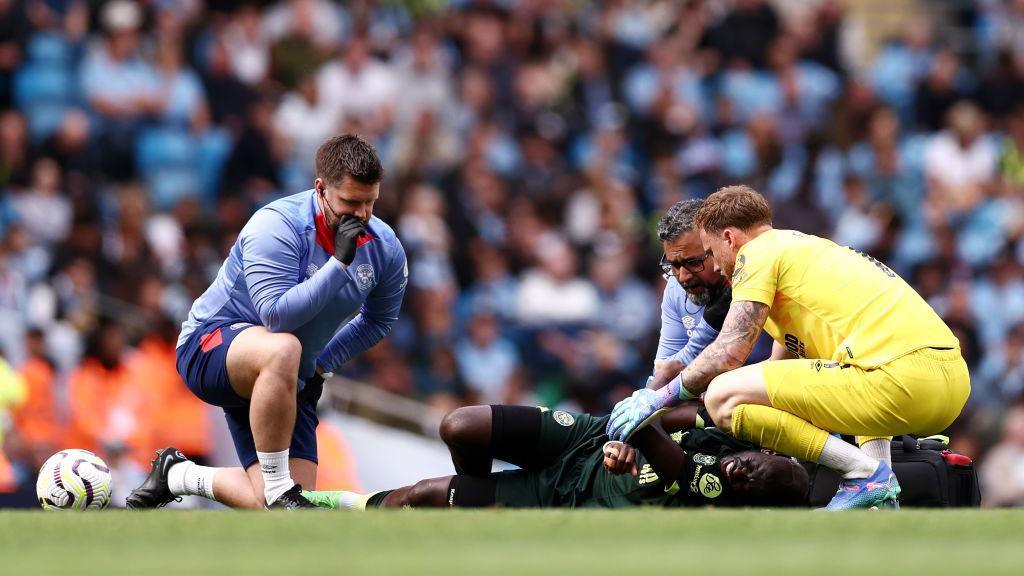'Players need to be listened to'

- Published

The issue around the footballing calendar and the demands being placed on players right now is a difficult one.
First, we need to take into consideration the really high demands on the body that go on all-year round with few breaks, especially for international footballers and those in teams competing on multiple fronts.
I know the men's and the women's games are different, but we got exposed to these issues when we went from amateur to professional. There was a lot of loading, a lot of games and the result of that was a higher risk of injury and we have seen a lot of anterior cruciate ligament injuries now in the women's game.
From the fans' side, their point is often that players get paid a lot of money but I think that is irrelevant. That is just the industry players are in and, if you take out the money, they are still human beings.
The governing bodies need to look at who they consult with about changes in the calendar such as World Cups being held in winter and summers where there is just a couple of weeks off before going straight back into it. The changes and fixtures that are put in are there to generate more money, which makes it difficult. As a business, it is about money.
We talk about mental health a lot and you wonder, where is the time to switch off and have that time away from playing? To have that family time which is a deep human need? At some point mentally, if not physically, it will take its toll.
None of us want to see players striking, but players need to be listened to. What do they need to do to make change happen?
Fara Williams was speaking to BBC Sport's Nicola Pearson
